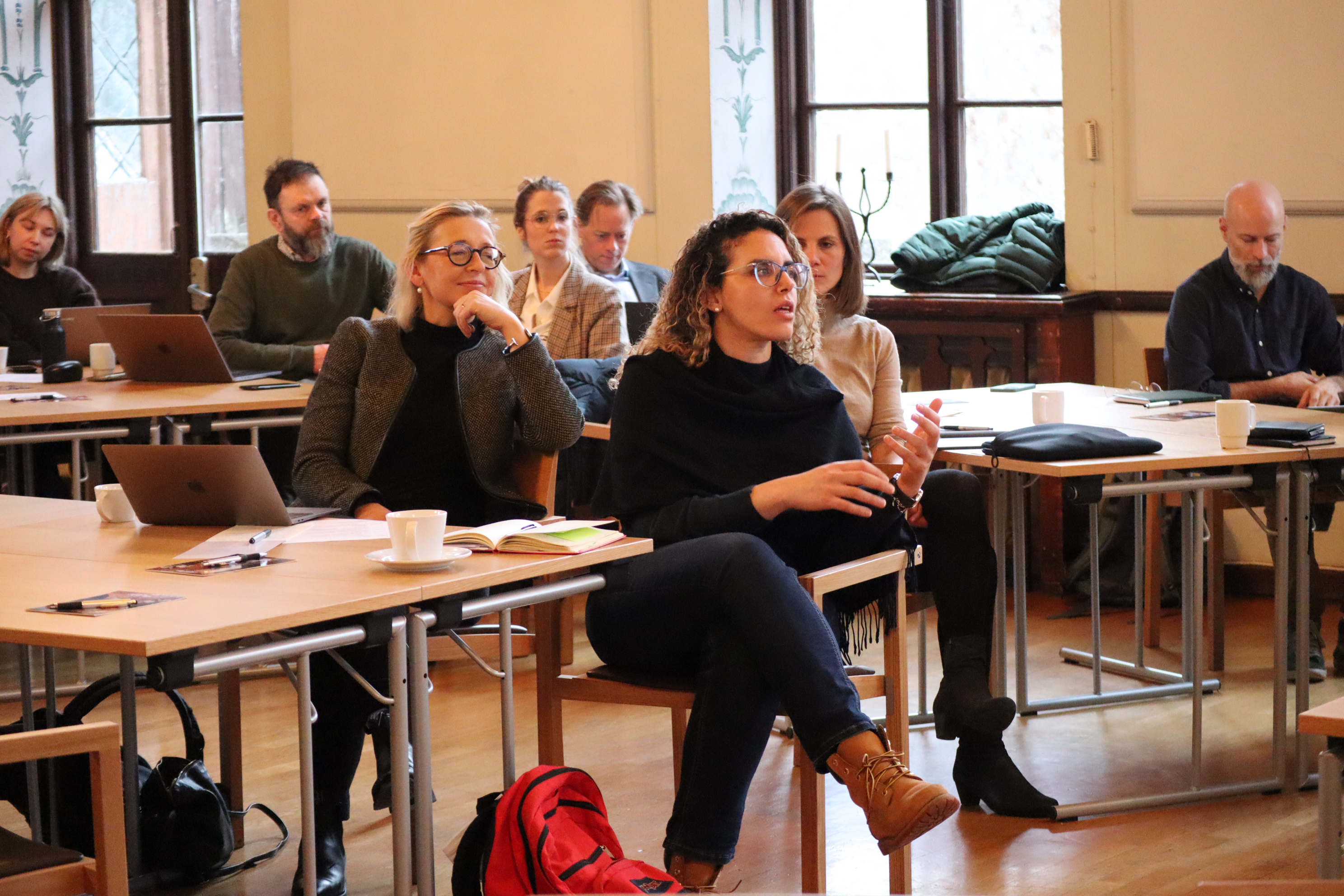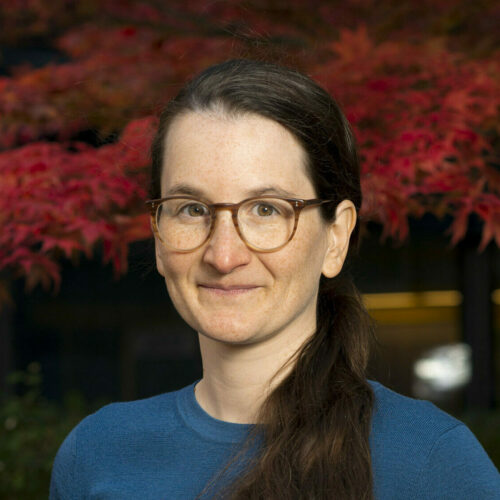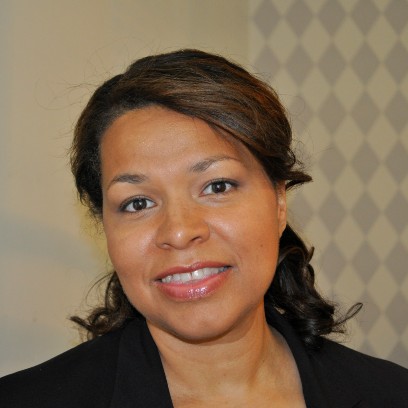Researchers shared the latest research insights and preliminary results from the decarbonization research theme at the Mistra Geopolitics annual conference in Sigtuna.
Researchers, PhD students and partners such as E3G and Adelphi working on the decarbonization research theme presented their latest insights on issues such as constraints for breaking away from further fossil fuel dependency and the security implications behind materials circularity.
Government narratives and the energy transition in Colombia and Nigeria
Most countries have set “net zero” greenhouse gas emission targets. However, many have not made explicit plans for the rapid reduction of fossil fuel production that is implied in these targets.
A research project funded by Mistra Geopolitics aims to find out how key actors’ discourses constrain or enable further fossil fuel production in Colombia and Nigeria. Researchers investigated how key actors could challenge current plans and support the rapid reduction in fossil fuel production that goes hand-in-hand with meeting international targets under the Paris Agreement, thus addressing the production gap.
Claudia Strambo, a research fellow at SEI, and Daria Ivleva, a senior advisor and co-lead of the climate policy programme at Adelphi, examined government narratives, policy documents and other materials published between December 2015 and May 2022. They found that governmental discourses include oil and gas production on as core pillars of the energy transition.
Video: Claudia Strambo, a research fellow at SEI, and Daria Ivleva, a senior advisor and co-lead of the climate policy programme at Adelphi share insights on government narratives and the energy transition in Colombia and Nigeria.
In Colombia, a key limitation for the country is how to replace the revenues from oil and gas. These energy sources continue to be depicted as necessary for energy security, sovereignty, and national and territorial development, while renewable energy resources are not discussed in those terms. Low-carbon oil and gas are seen as pillars for the energy transition, substituting other more polluting fuels in the residential, industry and transport sectors. In this context, researchers found that published documents normalize oil and gas production, including technocentric and managerial language that reduces the issue of climate change to questions of carbon emission management.
Similarly, in Nigeria, natural gas is seen as a “cleaner” fossil fuel, which fits into the country’s aspiration to become an industrialized economy. Nigeria plans use natural gas while transitioning to a low-carbon future. Attention in this context is focused on development issues, more broadly, rather than energy systems only.

The circularity of materials: A security question?
Eugène Petelin, a PhD student at Lund University, examines and identifies policy narratives on material circularity. He highlighted the role specific metals play in energy systems, such as rare earth metals, and perceived threats to state security in terms of supply of certain materials.
Even though businesses appear to be the driving force of circularity and recycling in the Nordic countries, Petelin said that national security strategies can also drive these processes. He illustrated this with policy documents that emphasize the limited access to specific materials, and that therefore consider circularity plans for these materials for protecting the economic system within a state.
“Criticality is defined as limited access to materials”, Petelin said. “The idea of limited access originates from resources not being available because these are located in countries able to set limits.” Monopolistic control of metals, for example, has implications for geopolitical concerns, from trade to security.
Researchers:

Claudia Strambo

Daria Ivleva

Eugène Petelin
For further information, please contact:

Maria Cole

Ylva Rylander
This text was written by Ana Calvo, Communications Assistant at SEI and Mistra Geopolitics. Edited by Ylva Rylander, Communications Officer at SEI and Mistra Geopolitics.



